Men with testosterone levels below 300 ng/dL showed a nearly threefold increased risk of psoriasis.
Disparities in Autoimmune Disease
Advertisement
Lupus disproportionately impacts women and individuals from Black communities.
Researchers examined 81 pairs of identical twins where only one sibling developed MS.
Artificial intelligence can accurately assess atopic dermatitis severity using patient-uploaded smartphone photos.
Clinicians should rely heavily on prior positive serological tests when diagnosing CD after GC
Gaylyn, an IBD and ostomy advocate talks about the importance of representation
The optimal delivery method is unclear for pregnant women with inactive perianal Crohn's disease.
Dr. Cedric Pulliam Shares his IBD Journey & Patient Advocacy Work
diets high in ultra-processed foods (UPFs) may increase the risk for relapse in patients with Crohn’s disease (CD) who are ...
starting treatment earlier for people with newly diagnosed Crohn’s Disease can dramatically improve their gut health
studies have found that early diagnosis is crucial for effective treatment and better outcomes
A study identified certain factors that may be associated with a delay in the initiation of biologic treatment in IBD.
Sex-orientated analysis of outcomes can help management strategies in patients with ACLF.
BIPOC/H patients with IBD experience worse disease care and outcomes than non-Hispanic White patients.
distinctively different microbial signatures in the gut flora precede and predict Crohn’s disease
Environmental exposures impact the age at diagnosis for inflammatory bowel disease more than genetic factors.
Minority patients with celiac disease face higher micronutrient deficiencies
those currently taking immunomodulators had approximately a 78% lower risk of CKD compared to those not on these medications
Ultraprocessed food consumption may be a predictor of active symptomatic disease and inflammation among participants with UC
Patients in the CSU group had hypothyroidism and malignancies, the majority having active disease.
Previous studies have linked psoriasis to several autoimmune disorders.
A study on autoimmune forms of chronic spontaneous urticaria found significant changes in avidity of antibodies.
A study found that COVID-19 infection can trigger immune disorders like alopecia, Crohn's Disease, or rheumatoid arthritis.
Since vitiligo patients were more likely to have additional conditions, doctors should pay more attention during check-ups.
Expert Interviews
Urban Health Today reports on clinical news and policy updates that directly impact urban health care providers and their patients.
Get research and expert insights straight to your inbox.










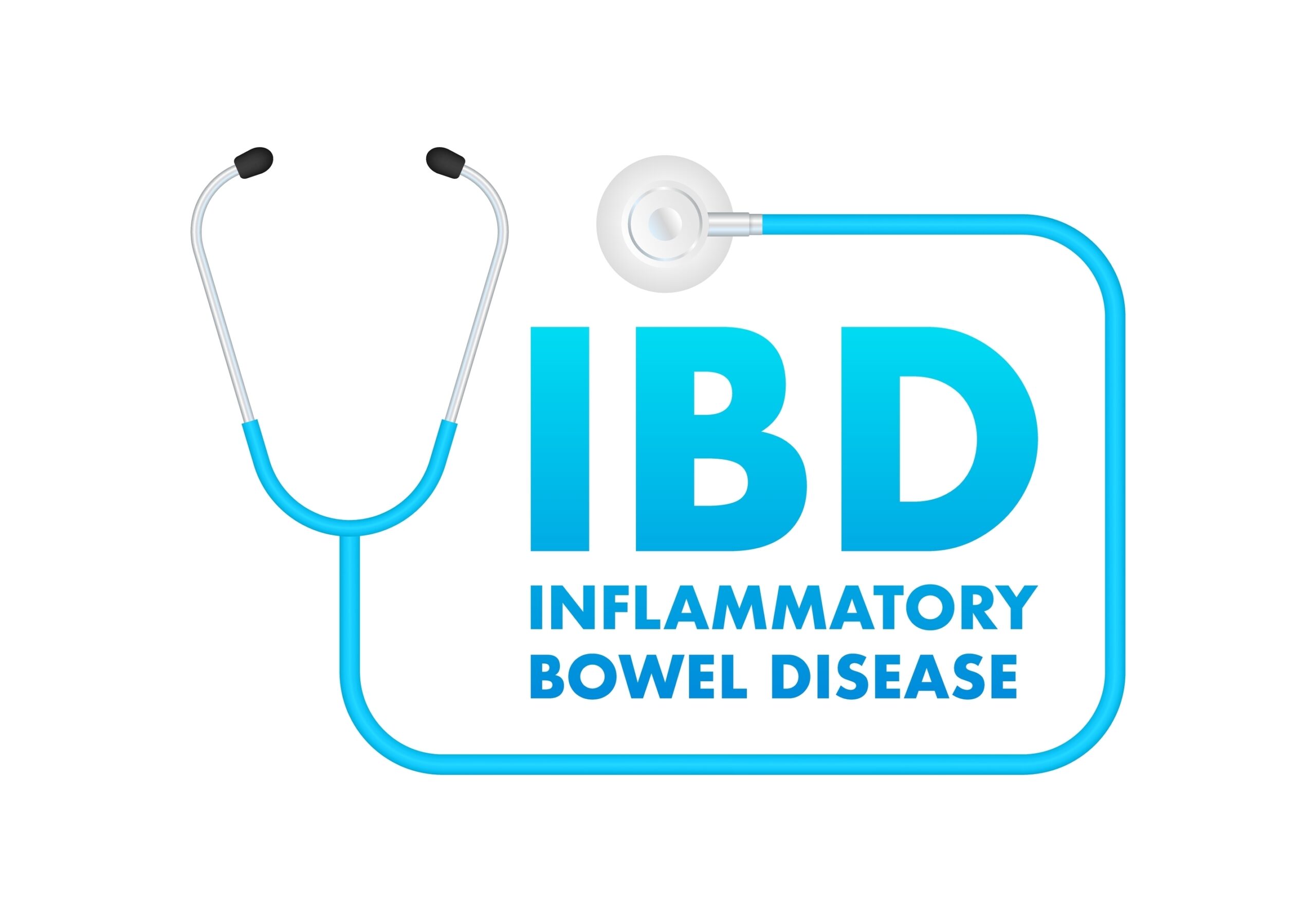
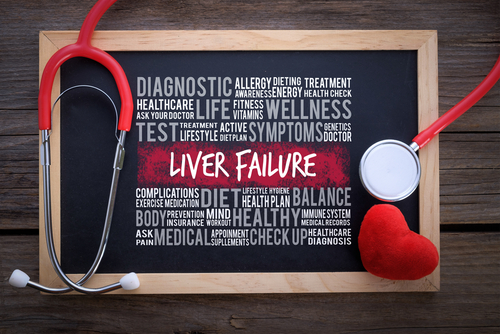

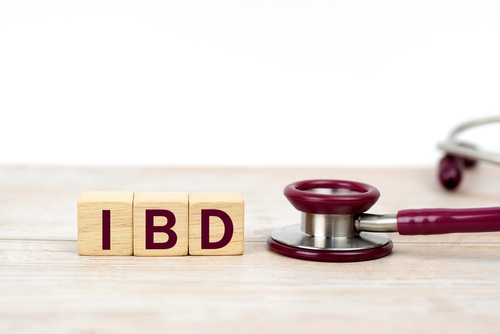



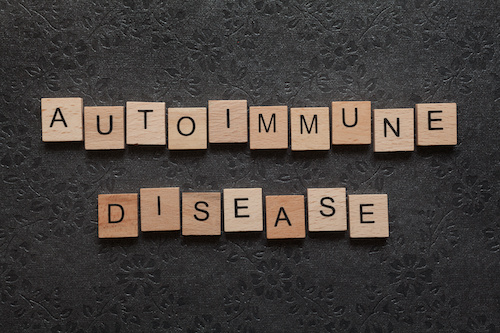
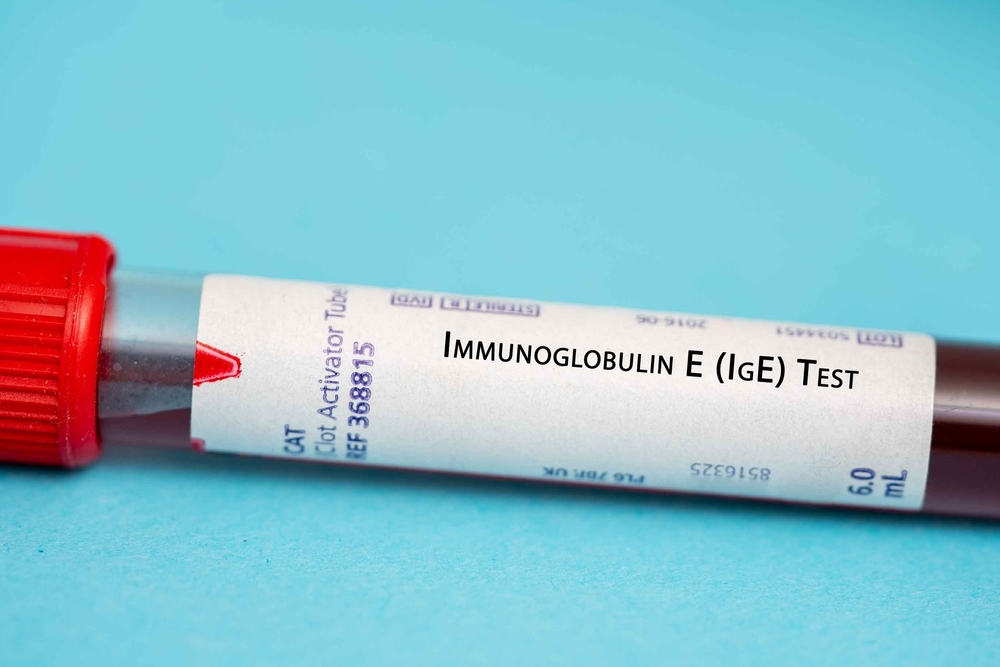

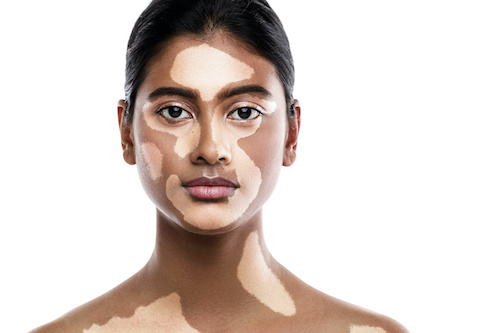

 © 2025 Mashup Media, LLC, a Formedics Property. All Rights Reserved.
© 2025 Mashup Media, LLC, a Formedics Property. All Rights Reserved.